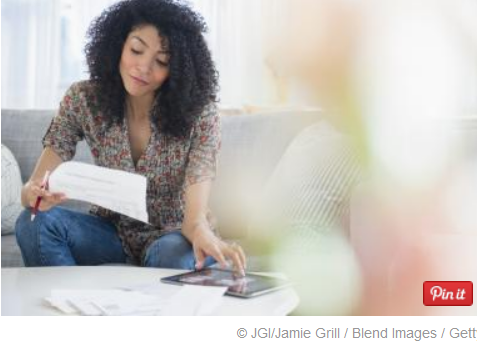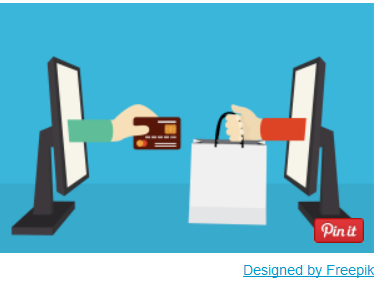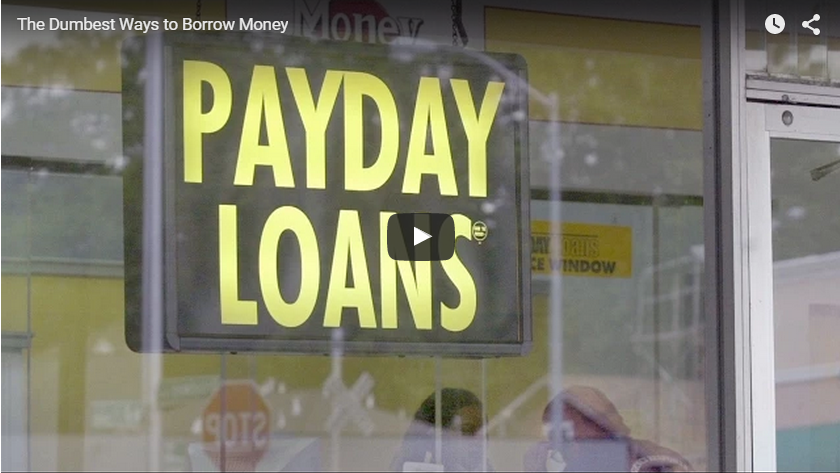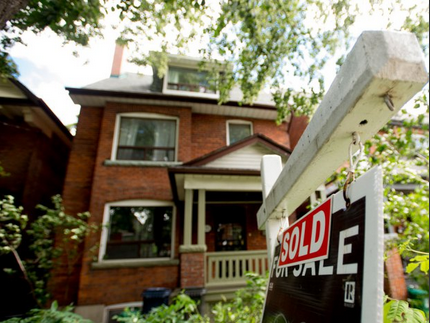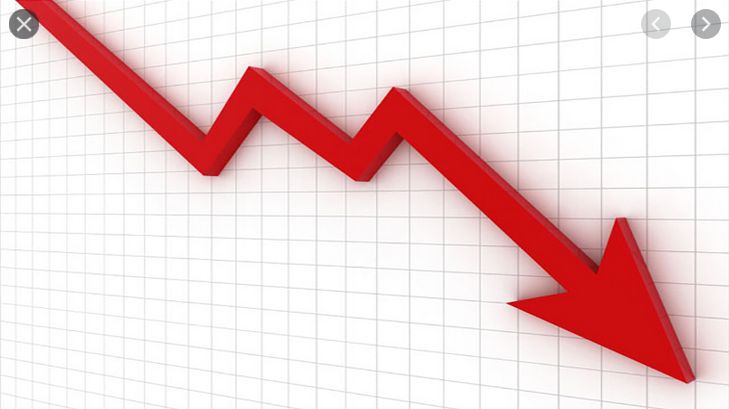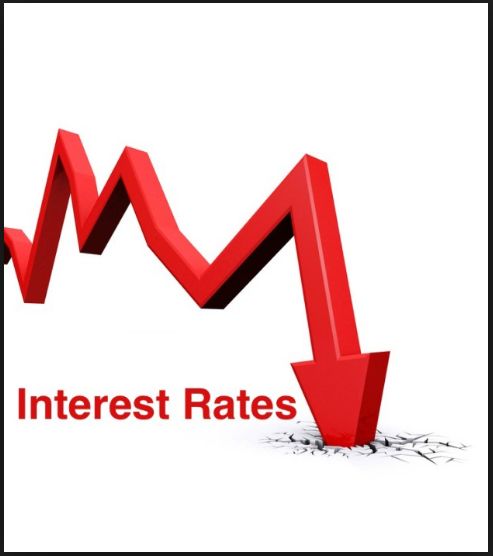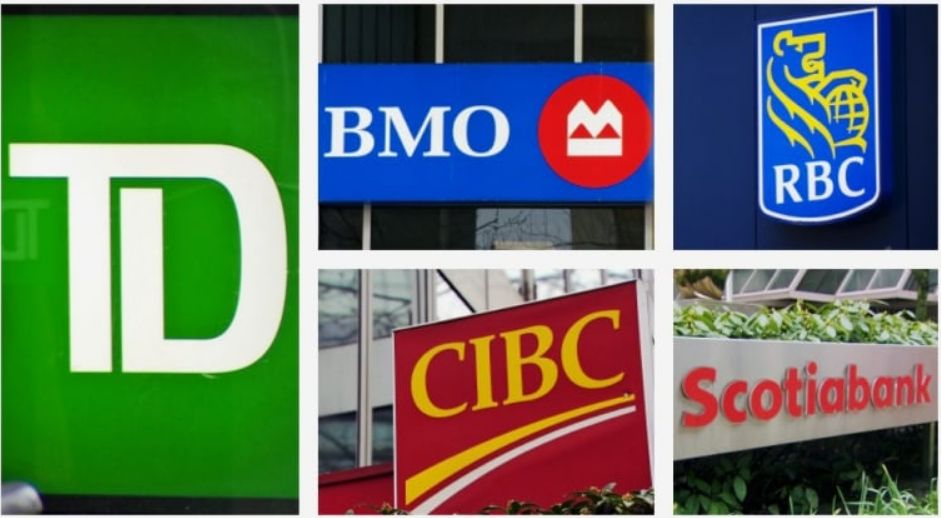The saying “timing is everything” definitely applies to your credit card payment. If you pay late, you’ll not only incur late fees, but you also risk damaging your credit and having your interest rate increased to the highest penalty rate.
The timing of your credit card payment – even when you pay on time – can also have an impact on the amount of interest you’re charged. Pay earlier in the billing cycle and you can reduce the amount of your finance charge.
Before the due date, or at least by the due time on the due date
Making at least the minimum payment before the cut-off time on the due date will keep your account in good standing and help you avoid late payment penalties. Missing your credit card payment, even by just a few minutes will result in at least a late fee.
You may also trigger the penalty rate and forfeit any credit card rewards you’ve earned.
If you’re trying to make a last minute credit card payment, you may be set up a phone payment as long as you call before the payment cut-off time. Note that there may be a fee for making an expedited payment over the phone but it will typically be lower than the late fee and you’ll avoid other late payment penalties.
Before the account statement closing date
To ensure a lower credit card balance is reported to the credit bureaus this month, make your credit card payment before the account statement closing date. Having a high credit card balance updated on your credit report can raise your credit utilization and result in a lower credit score.
Having the best possible credit score is important if you’re planning to apply for a major loan before your next account statement closing date rolls around.
Otherwise, you can ensure a lower balance is reported to the credit bureaus first by paying off your credit card and then by avoiding any new credit card purchases before your next statement closing date.
Early in the billing cycle
Your credit card due date may fall later in the billing cycle, but paying early in the billing cycle can reduce the amount of your finance charge, especially if you don’t make any other purchases during the billing cycle. Here’s why: your credit card issuer probably uses either the daily balance or average daily balance method to method to calculate your finance charge. Having a lower balance for more days in the month will result in a lower finance charge.
When your direct deposit hits
Making your credit card payment right after you get paid ensures you can afford the payment and reduces the likelihood that you’ll have a returned payment. Make sure you go over your other bills to be sure you’re not trying to pay too much from one paycheck. If you’re paid weekly or bi-monthly, you may be able to postpone some credit card payments until your next paycheck.
Before making a large purchase
Putting a big purchase on your credit card when you already have a balance can raise your credit utilization and hurt your credit score. Paying down your balance before making big purchases can keep your credit utilization from spiking and protect your credit score from a dip.
There are benefits to paying your credit card at earlier times in the billing cycle, but the most important thing of all is to make your credit card payment on time.
Read the full post in about money

